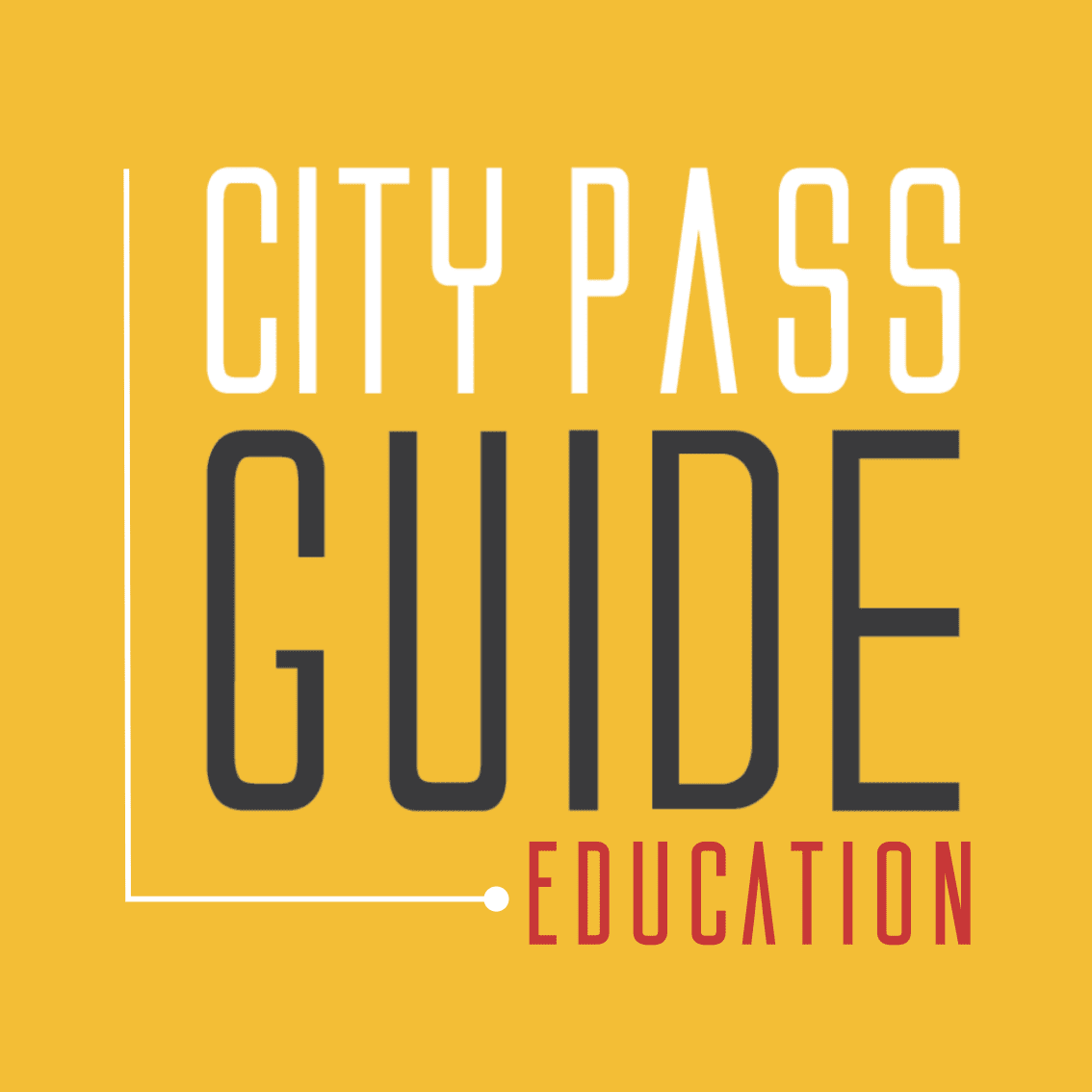Learning another language is not easy and English is a difficult language to learn as it is a mixture of many different languages. Vietnamese learners can have a hard time trying to learn it as there are not many similarities between the two languages.
The English education in Vietnam to date has not had very good results and important skills like listening, reading and writing do not receive enough attention. Here are five reasons why learning English is problematic for Vietnamese students.

Too many students and not enough teachers
When teaching English, a teacher has to pay close attention to every student and this can be difficult when dealing with a large class. Thirty or more students make it almost impossible. Evaluating how they pronounce certain words or manage to communicate is a challenge.
There are not enough English teachers in Vietnam and many of them are unqualified to provide the type of support students need when they study English. Even if the education system embraces teaching conversational English as well as grammar,
Vietnamese teachers often have difficulty pronouncing English words themselves and students are likely to imitate them and learn bad habits. This might affect their student lives when they go for education abroad, especially to an English speaking country.

Students from Vietnam and other non-English speaking countries have a great option in the form of EduBirdie to manage their academic assignments but they should keep trying to learn the art on their own. Mastering English and academic writing support for thesis, dissertation, essays, etc., from professional writers online ensure great success in college or university.
Vietnamese is a tonal language
Vietnamese is a tonal language and students battle to speak English with the correct intonation and rhythms. This is why when Vietnamese students speak English, it can often be unintelligible to native English speakers.
They imitate the tonal patterns of their own language and will pause unnecessarily between words or split sentences. The rhythm and flow present when native English speakers speak the language is missing and it sounds monosyllabic.

Students lack confidence to speak the English language
The only way to learn a language is to practice speaking it. Vietnamese students may learn English at school and even score good marks in tests but when it comes to speaking it, they lack confidence. They are worried about how they will sound and afraid of making mistakes when they speak it.
Listening, reading, speaking and writing are four of the basic skills they need to master and practice in these areas is essential. Writing essays helps them to practice their grammar and sentence structure but they also need to be confident enough to converse with English speakers.
There is not one single version of English
English is spoken in many countries of the world and the people in these countries may pronounce the same word in several different ways. This can be very confusing to Vietnamese students when they are trying to speak English.
Whether they are at school or in college, the different versions of English can be hard for them to understand because there is not a vast difference in the pronunciation of words within the three regions of Vietnam.

Many words, such as the word “water,” are pronounced very differently by speakers of English in America and in the UK. In fact, people not familiar with English would think they were different words altogether.
Leaving out the final sound
In the Vietnamese language, the final consonants of a word are nasal or limited to a voiceless stop. This is why one of the common problems Vietnamese students face when trying to speak English is not pronouncing the end of words.

When it comes to understanding plurals and possessives, this can cause much confusion. A teacher has to help students by demonstrating the correct pronunciation and by drilling students to properly articulate the ends of words.
Conclusion
Vietnamese students encounter many challenges when trying to learn English. It is not easy in schools where classes may be large and the quantity and quality of English teachers may be lacking. The correct pronunciation is one of the major problems. Current teaching methods do not create opportunities for students to converse in English. English education needs to focus not only on grammar but enabling students to communicate effectively in the real world.
